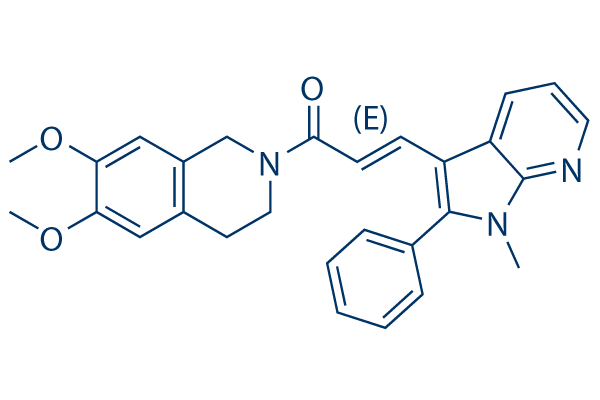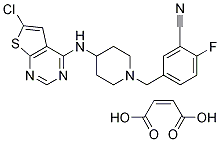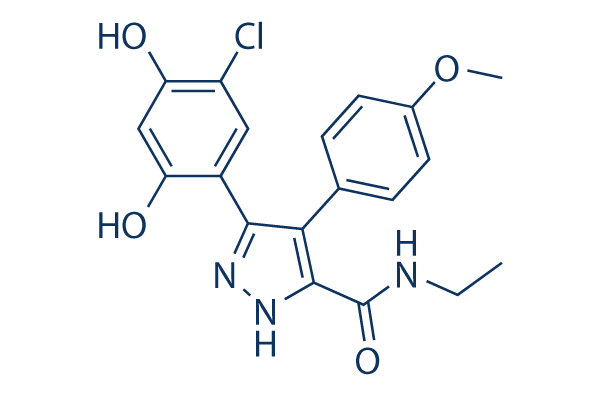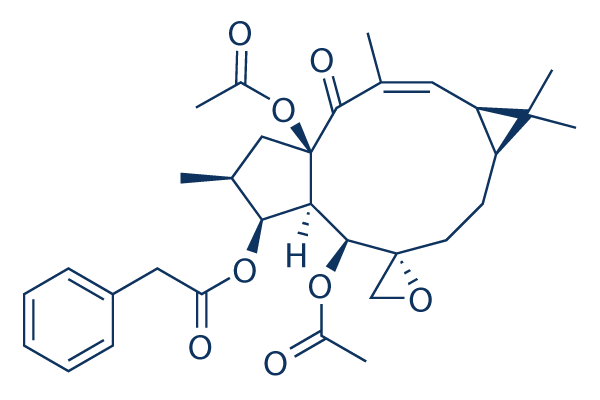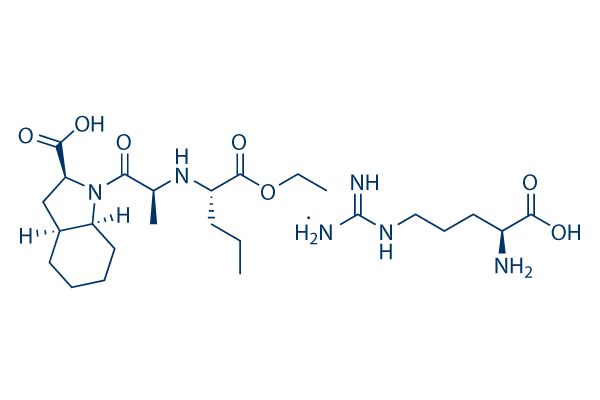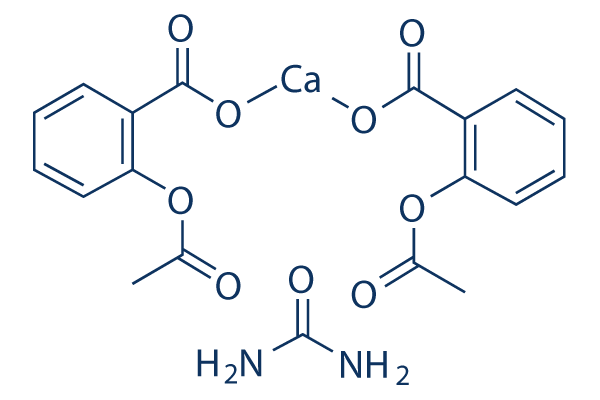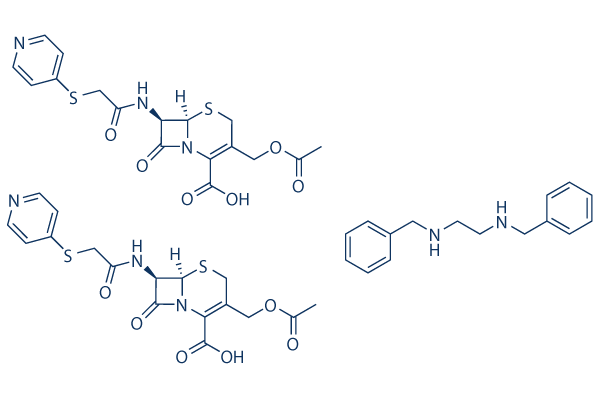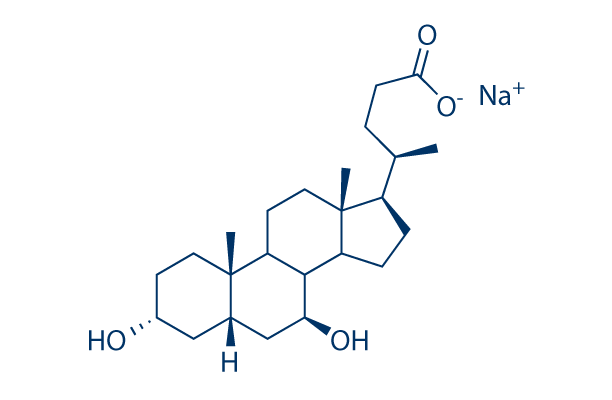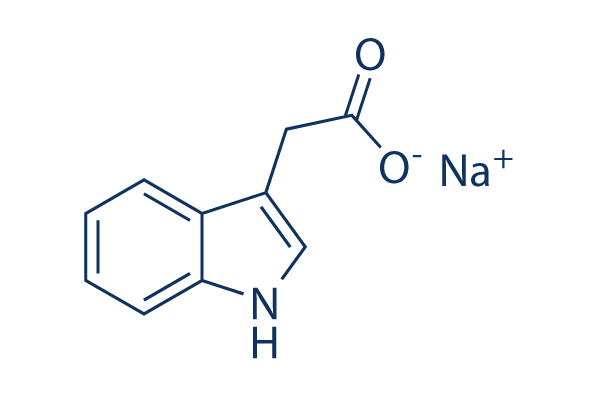Agonists
Agonists, also known as stimulants, are chemical substances that bind specifically to receptors and produce biological effects. As a class of molecules with facilitative and enhancing effects on other molecular activities, drug reactions, enzyme agonists and hormones, they have both high affinity and intrinsic activity with the receptor and can combine with the receptor to produce maximum effects. It can be divided into full agonists, partial agonists, and inverse agonists: full agonists have strong affinity for receptors and strong intrinsic activity (α=1), and can produce the greatest pharmacological effects, such as epinephrine; Partial agonists, have affinity for receptors, but have low intrinsic activity (α<1), and produce weaker agonistic effects with receptors, such as pindolol; inverse agonists are a kind of drugs that cause the opposite of the original agonist.

